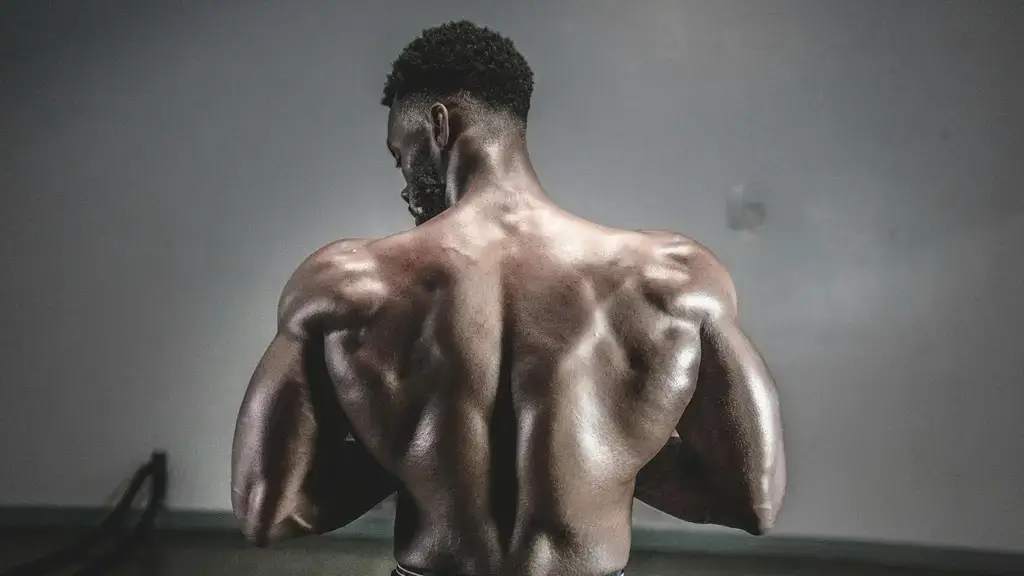There are countless debates among fitness enthusiasts about the best time to work out. Some swear by the energy boost they get from morning workouts, while others argue that they perform better in the evening. So, when is the ideal time to exercise? The answer largely depends on individual preferences, but let’s delve into the benefits and drawbacks of both to help you make an informed decision.
The Benefits of Morning Workouts
Starting your day with exercise can set a positive tone for the rest of the day. Here are some of the key benefits of morning workouts:
- Improved Consistency: Morning workouts are less likely to be derailed by unexpected events or interruptions that can occur later in the day. They help establish a routine that’s easier to stick with.
- Enhanced Mood and Metabolism: Exercise releases endorphins, which can boost your mood and energy levels. A morning workout might keep you energized and in a good mood all day. Additionally, morning exercisers may experience increased metabolism and calorie burn throughout the day.
- Better Sleep Patterns: People who exercise in the morning often report improved sleep quality, as evening workouts can sometimes be too stimulating and affect sleep onset.
The Drawbacks of Morning Workouts
Despite the benefits, morning workouts aren’t for everyone:
- Sacrificed Sleep: Getting up early for a workout can mean cutting sleep short, which can have negative effects on overall health and well-being.
- Lower Body Temperature: In the morning, your body might be at its lowest temperature, potentially making muscles stiffer and more prone to injury.
- Nutritional Concerns: Exercising on an empty stomach can be challenging for some, especially those who need fuel to perform optimally.
The Benefits of Evening Workouts
Evening workouts come with their own set of advantages:
- Increased Strength and Endurance: Research suggests that people might achieve peak performance in the evening due to higher body temperatures, which can enhance muscle flexibility and strength.
- Stress Relief: Exercising after a long day can be a great way to relieve stress and unwind.
- More Sociable: Many people find evening workouts more enjoyable due to the social atmosphere at gyms during evening hours.
The Drawbacks of Evening Workouts
Despite their merits, evening workouts are not without challenges:
- Potential Sleep Disruption: Vigorous workouts too close to bedtime can increase heart rate and adrenaline levels, making it difficult to fall asleep.
- Inconsistent Scheduling: Evening plans can frequently change due to work or social events, making it easier to skip workouts.
- Gym Crowds: Many people are more likely to exercise after work, which can lead to crowded gyms and limited equipment availability.
Finding Your Perfect Workout Time
Ultimately, the best time to work out depends on your personal lifestyle, schedule, and body responsiveness. Here are a few tips to help you find your sweet spot:
- Experiment: Try working out at different times of the day and pay attention to how your body feels and performs.
- Consider Your Goals: If your goal is weight loss, the time of your workout might not be as crucial as maintaining a consistent routine and diet.
- Listen to Your Body: Some people naturally feel more energetic in the morning, while others find their stride later in the day. Tune into your body’s signals and perform your best.
Whether you choose to exercise in the morning or evening, remember that regular physical activity is the key to maintaining a healthy lifestyle. Focus on consistency and enjoyment, and you’ll be set for success.






